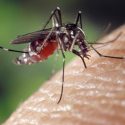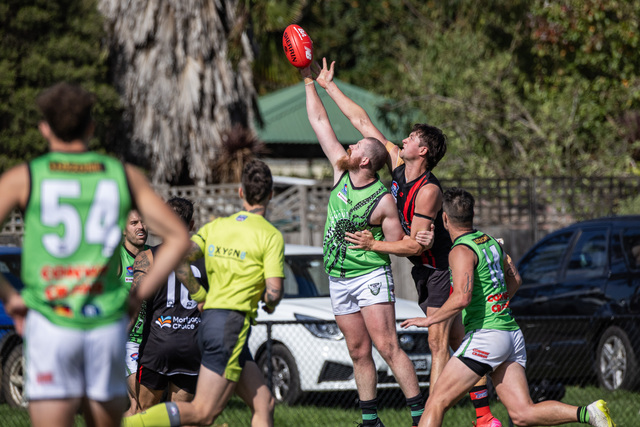By Victoria Stone-Meadows
Residents of Casey are being warned to take extra care to protect themselves from mosquito bites after the blood-borne illness Ross River Virus was detected in the area.
Six residents in Casey and Frankston have been diagnosed with the illness which is carried and transferred by mosquitoes.
Symptoms for Ross River Virus include fever, headache, aching muscles and/or joints, and fatigue.
The illness can be diagnosed by a doctor by the symptoms, while a blood test is recommended to confirm if the illness has been contracted.
While there is no cure for Ross River Virus, the arthritis-like symptoms of the illness will dissipate on their own and pain management is used to treat symptoms while patients recover.
Victoria’s Chief Health Officer, Professor Charles Guest said the recent weather conditions have caused the virus to pop up where it isn’t usually detected.
“None of the people diagnosed with Ross River Virus have travelled to areas where mosquitoes carrying the virus are usually found,” he said.
“Recent rain and relatively warm weather has created conditions ideal for mosquito breeding and we have seen a significant increase in mosquito numbers as a result.”
“Taking measures to avoid bites is a critical step to protect yourself and your family against mosquito-borne diseases.”
Practical measures advised by health professionals to reduce the risk of contracting the virus include:
* Ensure that insect screens fitted to doors and windows on houses are in good condition;
* Wearing long, light coloured loose-fitting clothing and use a suitable insect repellent containing picaridin or DEET; and
* Getting rid of stagnant water around the home or campsites as it is used as mosquito breeding grounds.
Onset of symptoms may become apparent two to 14 days after a mosquito bite and people experiencing symptoms should seek medical attention from their GP or their local hospital.







